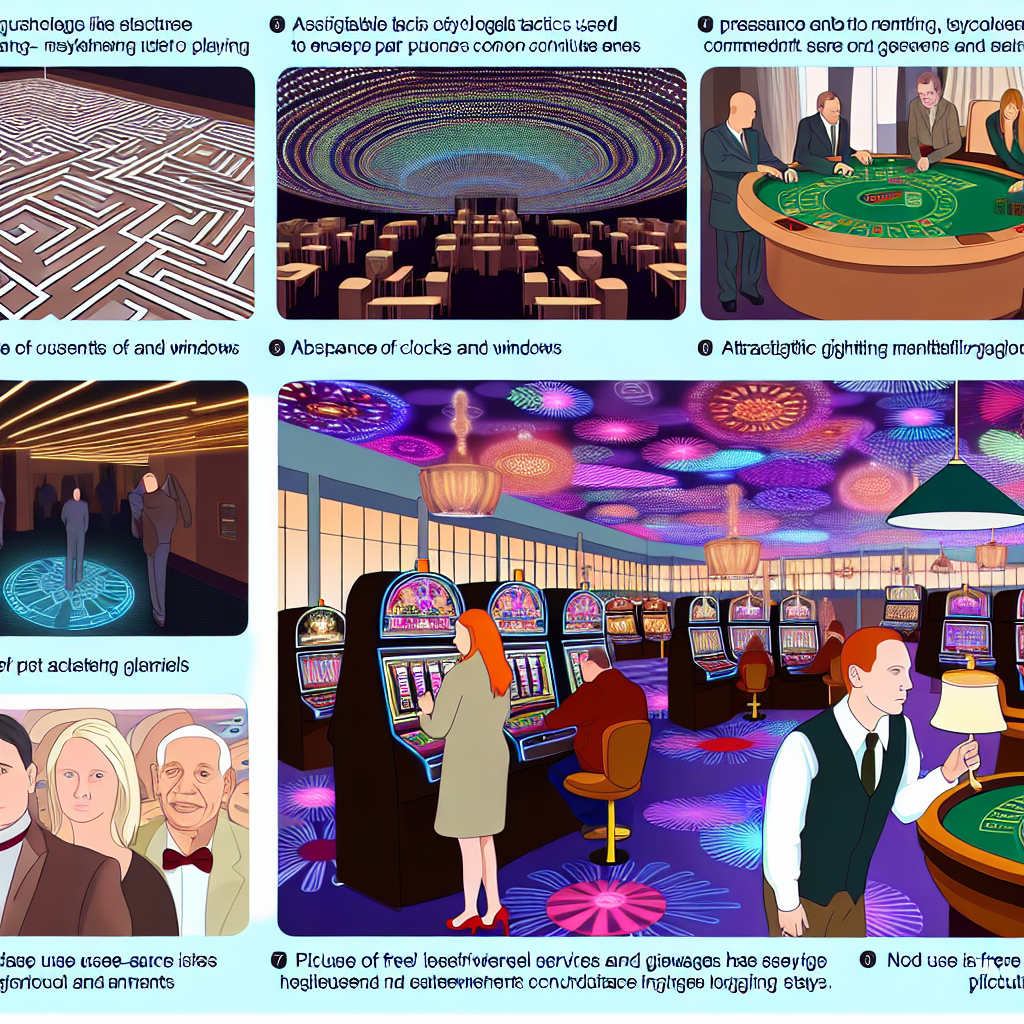
The allure of casinos is undeniable, drawing millions worldwide. But why do players stay? It’s complex.
Regional Nuance: UK/EU, North America, LatAm, APAC
Casinos operate in a diverse landscape, with regional differences shaping their strategies. In the UK and EU, regulations often emphasize player protection, steering casinos to adopt transparent practices. North America, particularly the US, is a patchwork of state-specific laws, influencing how casinos design their offerings. In Latin America, the burgeoning market sees a fusion of traditional and digital gaming experiences. Meanwhile, APAC regions balance between high-stakes VIP rooms and mass-market appeal. Understanding these nuances is crucial for operators looking to optimize player engagement across different jurisdictions.
Casino Psychology Tricks: Signals, Use Cases, Guardrails
Casino psychology tricks are integral to keeping players engaged. These strategies often revolve around subtle signals and environmental cues. For example, the strategic placement of slot machines near entrances aims to entice newcomers with bright lights and enticing sounds. In practice, these elements create an immersive atmosphere that encourages prolonged play. Some might wonder, are these tactics ethical? It’s a crucial question, as operators must balance between maximizing engagement and maintaining responsible gaming practices. Guardrails, such as self-exclusion programs and spending limits, are vital in ensuring player safety.
Unit Economics and Payback Sanity Checks
Understanding the unit economics of casino operations is essential for sustainability. Casinos map their financial strategies to ensure that the payback percentage aligns with expected outcomes. This involves stress-testing various models to simulate different player behaviors and economic conditions. A practical example: if a slot machine advertises a 95% return, it operationalizes this by adjusting payouts to maintain profitability while keeping players satisfied. On balance, these sanity checks are crucial. They help operators sequence their operations to thrive in a competitive market while adhering to regulatory standards.
In summary, the intricate web of casino psychology tricks and regional nuances demands a strategic approach from operators. By understanding and implementing these elements thoughtfully, casinos can foster engaging yet responsible gaming environments. Keep up with evolving Casino Psychology Tricks angles — join CasinoVVV updates.
How do casinos use lighting to influence players?
Casinos use vibrant and strategically placed lighting to create an exciting and inviting atmosphere that encourages players to stay longer.
Why is there no natural light in casinos?
Casinos often avoid using natural light and clocks to make it difficult for players to keep track of time, encouraging longer play sessions.
How does music affect casino behavior?
Casinos play upbeat and fast-paced music to energize players and slow music in certain areas to create a more relaxed environment that can encourage spending.
What role do scents play in casinos?
Some casinos use pleasant and subtle scents as a form of aroma marketing to evoke positive emotions and increase the time players spend in the gaming area.
Why do casinos offer free drinks to players?
Free drinks can lower inhibitions and impair judgment, potentially leading to riskier bets and longer gaming sessions.
How do casino layouts maximize player engagement?
Casinos design their layouts to be complex and maze-like, making it easy to find more gaming options but difficult to find exits, thus keeping players engaged longer.
Read also: Las Vegas Tourism Weaknesses And Canadian Travel Impact • The Nail Biting Tell: Stress That Can’t Be Hidden
